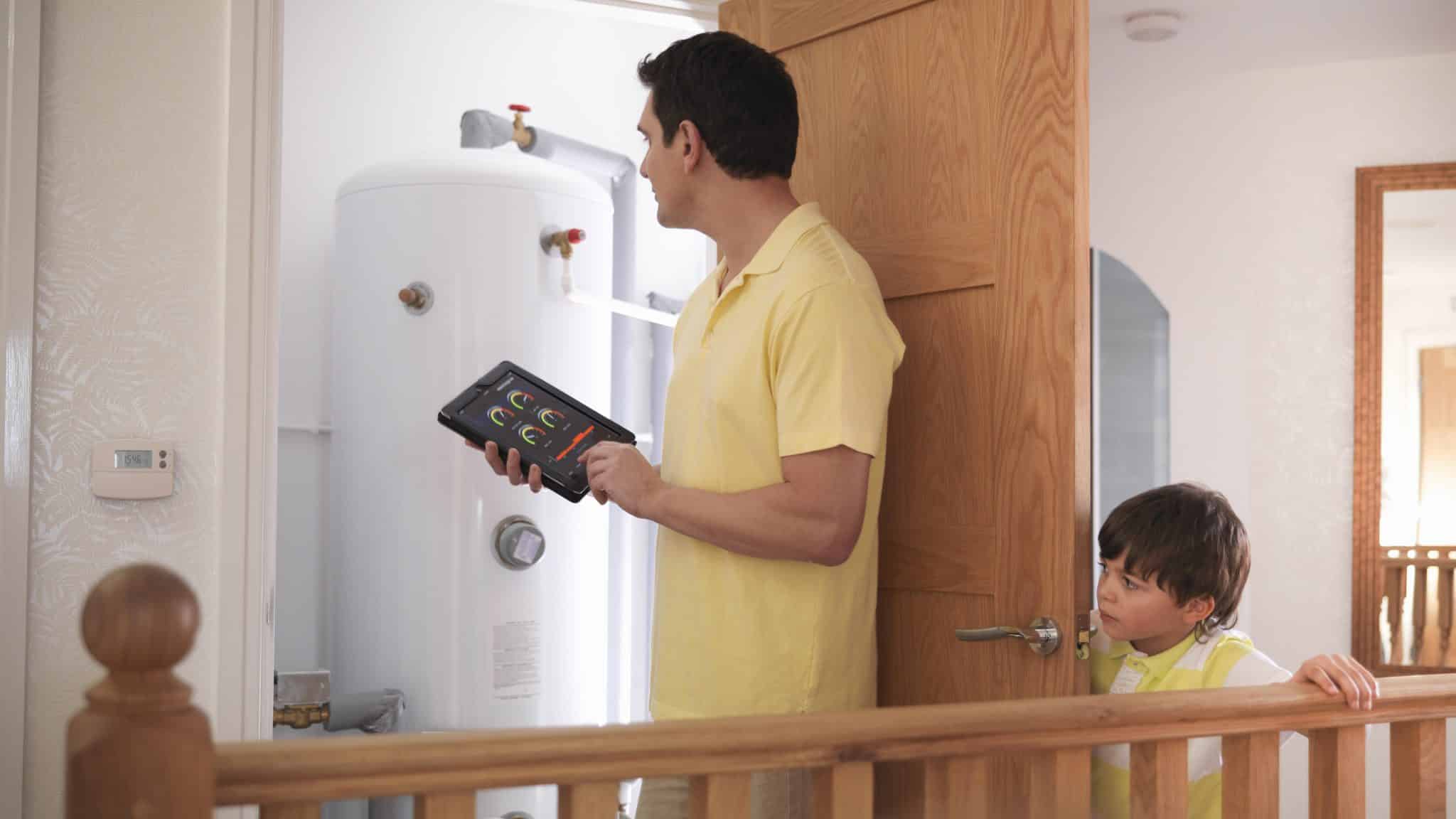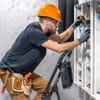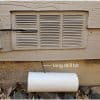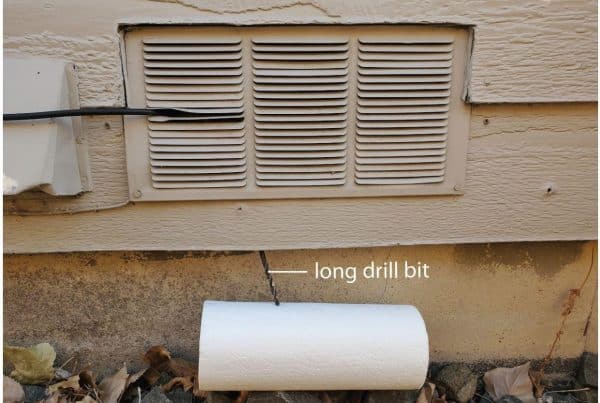In the United Kingdom, understanding boilers and heat systems is crucial for maintaining a comfortable and energy-efficient home. This guide aims to simplify the complex world of boilers and heating, providing beginners with a clear and comprehensive understanding.
Understanding Boilers
Types of Boilers
1. Combi Boilers: Combining both water heating and central heating in one unit, combi boilers are compact and efficient. They heat water directly from the mains, eliminating the need for a storage tank.
2. System Boilers: These require a hot water storage cylinder but no tank. They are ideal for homes with multiple bathrooms, providing a constant supply of hot water.
3. Conventional Boilers: Also known as regular or traditional boilers, these systems include both a cylinder and a tank. They are suitable for larger homes with higher water demands.
Key Components
Heat Exchanger: The core of the boiler, where the heat from the gas is transferred to the water.
Burner: This part ignites the gas or oil to create heat.
Controls: Thermostats and programmers that allow you to regulate your heating and hot water.
Installation and Maintenance
Selecting the Right Boiler
When choosing a boiler, consider the size of your home, the number of bathrooms, and your hot water needs. Energy efficiency ratings are also crucial for reducing bills and environmental impact.
Boiler Installation
Boiler installation is a critical process that should be carried out by a certified professional. It involves several steps, including assessing your home’s heating requirements, selecting an appropriate boiler, and safely connecting it to your home’s heating system.
Regular Maintenance
Annual servicing by a qualified engineer is essential to ensure the safety, efficiency, and longevity of your boiler. They will check for leaks, test controls, and clean key components.
Heating Systems
Types of Heating Systems
1. Radiators: The most common form of heating in UK homes, radiators distribute heat generated by the boiler.
2. Underfloor Heating: Offering even heat distribution, this system can be more energy-efficient than radiators.
Controls and Thermostats
Modern systems offer programmable thermostats and smart controls, allowing you to manage your heating remotely and reduce energy consumption.
Energy Efficiency and Cost-Saving Tips
Upgrading Your Boiler
Old boilers can be inefficient and expensive to run. Upgrading to a newer, A-rated model can significantly reduce your energy bills and carbon footprint.
Insulation
Proper home insulation keeps heat in, reducing the demand on your boiler and saving money.
Smart Heating Controls
Smart thermostats can learn your schedule and adjust heating accordingly, offering substantial savings.
Safety Considerations
Regular servicing and carbon monoxide detectors are vital for detecting leaks and preventing potential hazards associated with boilers.
Conclusion
Understanding the basics of boilers and heating systems is crucial for every homeowner. From selecting the right type of boiler to regular maintenance and energy-saving practices, being well-informed can lead to a more efficient and comfortable home. Remember, professional advice and services are essential, especially when it comes to boiler installation and maintenance. With this guide, you are now equipped with fundamental knowledge to navigate the world of home heating.








